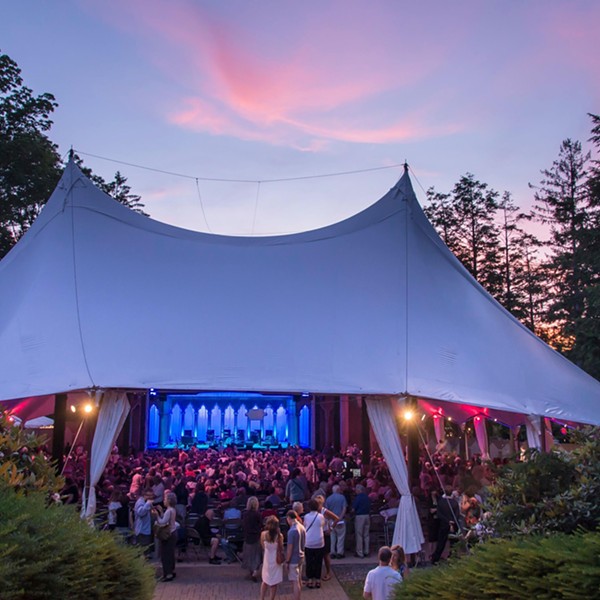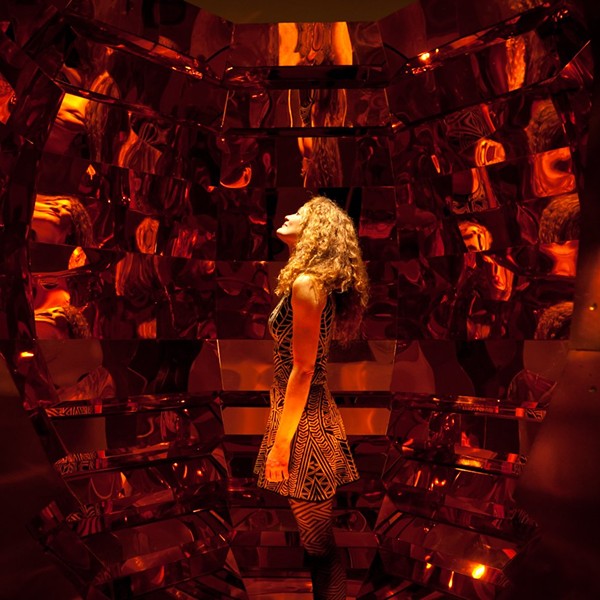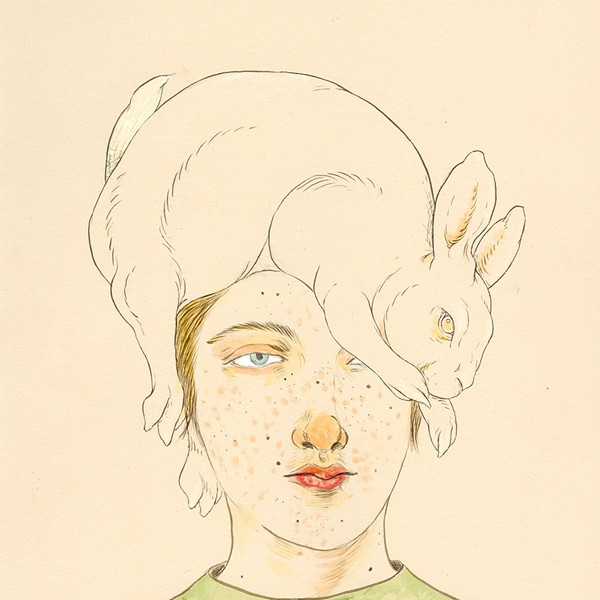Woodstock. To outsiders, the word evokes images of peace signs, hippies, and rock stars. To those who know the town well, Woodstock is a reminder of deep forests and alluring steams, supportive community, divergent thinking, open-minded spirituality, and an artists’ haven. Ideals took root long ago when Woodstock morphed from a farming community to a newly creative cultural landscape in the early 20th century. Byrdcliffe Arts Colony, the oldest in the nation, attracted inventive types to a town where they could blossom, and the Maverick Concert Hall, site of the oldest, continuous chamber music festival in America, brought world-class musicians to a heavily wooded site. A vision of utopia had been set in motion. Since those days—and especially since the late ‘60s, when Woodstock became synonymous with a music festival—the town has confronted the emergence of a new set of realities, and progress always dictates alterations, resistance, and compromise with former ideals.
One Woodstock institution in the process of adjustment is the Woodstock Playhouse, an indoor-outdoor theater at the intersection of Routes 375 and 212. In February, the Playhouse received a foreclsoure notice after it had fallen about a year behind on its mortgage. The Playhouse, which is the second structure of that name to be built on the site (the first was the oldest continuously operated summer stock theater until it burned down in 1988), seemed doomed to close. In November, however, the New York Conservatory for the Arts (NYCA), a Hurley-based cultural organization, received a $700,000 loan from the Catskill Watershed Corporation to purchase the property. NYCA plans to enclose the open-air structure, along with making other improvements to the site that will ensure its longevity as a landmark.
Enduring entrepreneurs
Some of Woodstock’s popular shops have been around long enough to have seen the changes that come with increased tourism, new blood, and modernization. Dharmaware Gallery of Sacred Arts, established by practicing Tibetan Buddhist Erik Holmlin in Manhattan’s West Village in 1976, relocated to Woodstock almost 26 years ago. He describes his colorful shop as a reflection of his life’s interests, travels, and studies. “Woodstock is a vibrant community that still has owner-operated stores, each store being a creative act,” Holmlin explains. “If you shop in a local store, 90 to 100 percent of that money is circulated within the community; if you spend that same dollar at box stores like Target, pennies go to the community. Shop on the Internet and zero goes into the community. It’s critical that we patronize local businesses, or it’ll be a far cry from our vision of Woodstock in years past. The main challenge running a business here is the long winter.”
The Garden Café appeared in 2006, when chef Pam Brown discovered there was no vegetarian restaurant in Woodstock. “That was a surprise to me, based on the town’s progressive reputation,” she muses. “Our menu reflects our concerns about food quality, individual and global health, the environment, and the treatment of animals. The work is financially challenging in these economic times; however, my purpose is deeper than just making money. It’s incredibly satisfying to be able to serve this community and see the changes.”
The Saturday Mowers flea/farm market has operated in the heart of town, in a field behind Bread Alone on Maple Lane, for 33 years, successfully adding Sundays and Wednesdays to its schedule just a few years ago. The land has been in the Mower family for over 100 years. “The first 10 years of the market were met with some store owner resistance,” says Janine Mower, “but it’s been accepted by the business community as a ‘value added’ to the Woodstock experience. The farmers market has become a popular gathering place for locals to socialize and purchase fresh, healthy foods. Tourists mainly visit on weekends. The Wednesday traffic appears to be mainly locals, with a few day-trippers thrown in for variety. Visitors to Woodstock either begin or end their visit at the flea market.”
Tinker Street Cinema was recently taken over by Upstate Films, which opened in Rhinebeck in 1972. Their challenges are of a more technical nature. “As society changes, and as film changes, audiences and viewing habits change,” explains Managing Director Becca Prahl. “Digital and Internet technology make it easy for people to access a large variety of films at a second’s notice. People may opt to wait a couple of months rather than see something on screen because the wait seems insignificant. I think this impacts us more than mall theaters. In recent years, Hollywood has been emphasizing 3-D and special effects, offering a different kind of large-screen experience from art houses. So, we’re tapping into the social reasons people go to public screenings. We focus on enriching communities, hosting discussions with filmmakers, showing films about issues with local impact, offering free community events, etc.” Says Upstate co-founder Steve Leiber: “Expanding Upstate Films may seem counterintuitive as the world grows more private and self-absorbed, but we believe that seeing movies in a theater with friends, where the images are bigger than life, is something worth preserving.”















